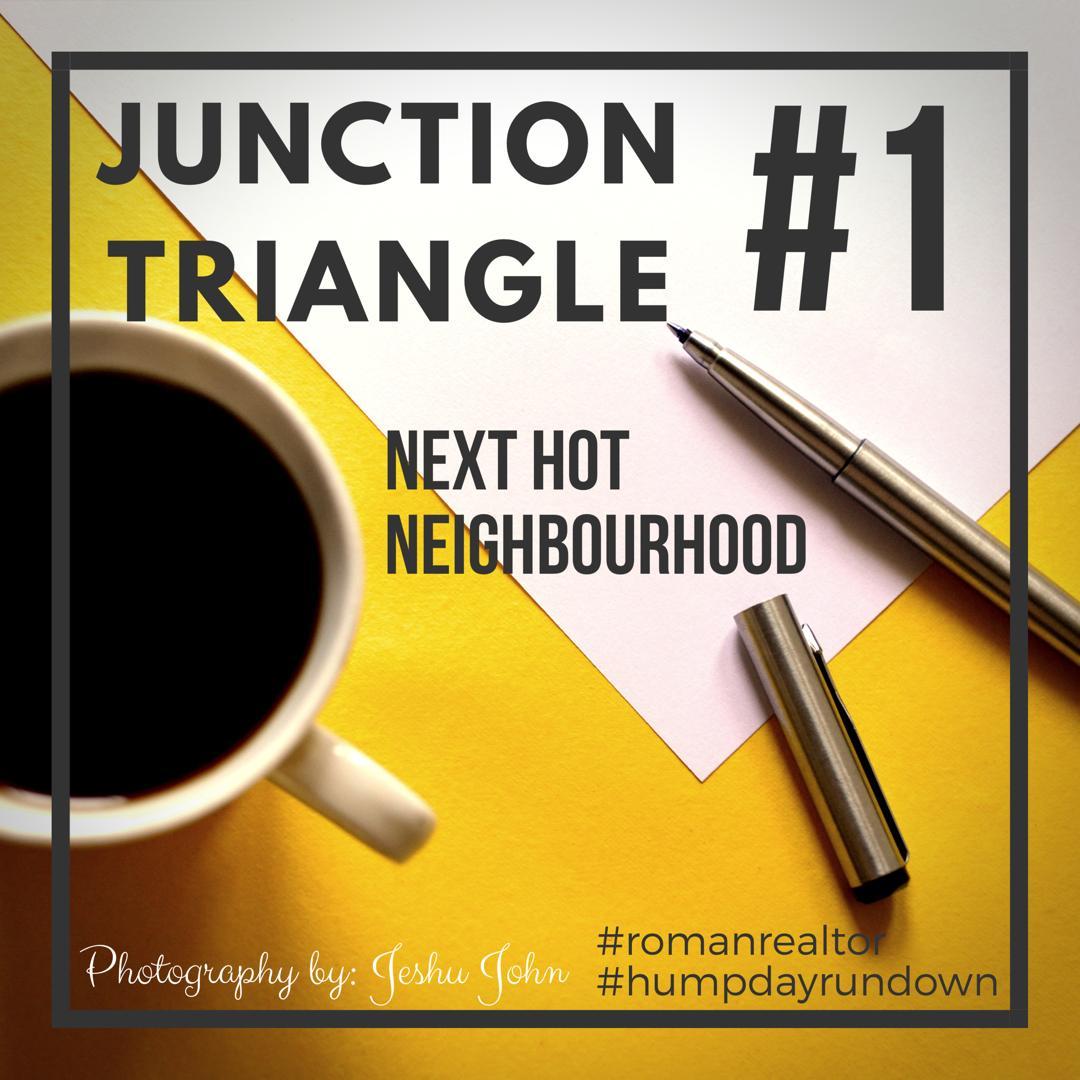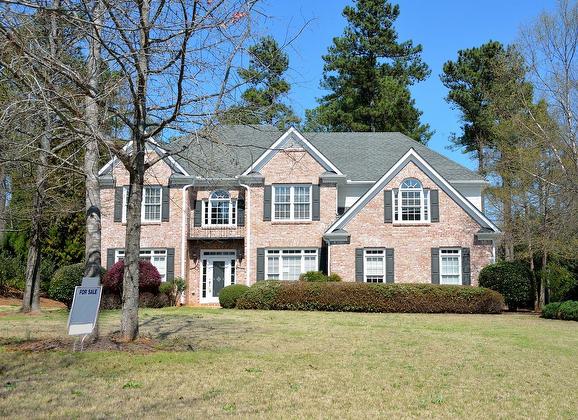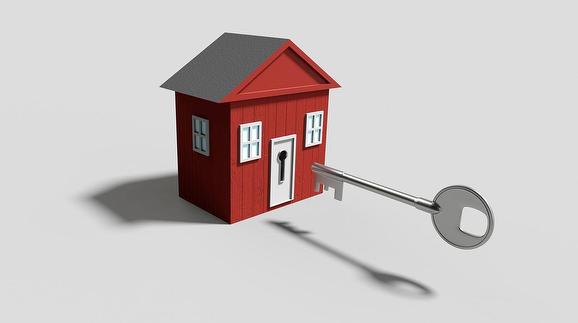
Six questions to ask when starting your search for a right neighbourhood for you
November 15th 2017
Written & posted by Roman Korobkin
First things first. Sitting down with an experienced mortgage broker and getting pre-approval is crucial to understanding your financial ability to buy. It’s wise to get this step out of the way so you know your budget which is the starting point in the home search adventure.
There are a number of factors that would guide you in finding the ideal neighbourhoods to consider. Ask yourself the following questions:
1. How will you be commuting to work?
Say you work downtown at Bloor and Bay and considering Mississauga as an option. If you are planning to use public transportation it means taking GO train which will cost you approximately $16 per day not including TTC pass and potential parking costs if you have to drive to GO train station. This adds up to a minimum of $450 per month. Also, consider the fact that some of the GO train stations don't have enough parking spots which means either reconsidering your travel time to make sure you get a spot or making other arrangements ( drop off/ pick up). Is that doable?
2. What amenities are of importance to you?
There are several things to consider: shopping, parks, restaurants and entertainment, bicycle lanes, ski hills, community centres etc.Think how often you do grocery shopping. What is your shopping style? For example, if you like buying little to keep it fresh and usually shop for a meal on a daily basis, you probably want something in a walking distance so you can quickly pop by anytime by foot. Downtown, High Park and East End would be ideal locations to search for as more of an outskirts areas would require you to take a car for an errand.
3. What do you value more - bigger lots or proximity to Downtown?
Let's take High park as an example. Yes, it is a beautiful area, but if you are originally from burbs you will probably feel cramped in a narrow lot spaces and small yards. Meantime, you will enjoy the proximity to the parks, downtown core, public transportation etc.
Also, think about the garage space. Do you have a car? Or maybe 2 cars? There are almost no options that would suit your needs as the garages are really small there and in some cases, they don't exist. You would think, that's ok, as I can park outside, but you might not get much luck as, firstly, there might be no more permits available for sale ( sometimes the waitlist is for 2 years), or there is just no spots left, period. I can only imagine coming home in winter night and not being able to park nearby making you carry all the bags with food you bought through the snow. On the other hand, if you cycle most of the time that would be an ideal location for you.
4. What is the social demographic / household income in the area?
Do you prefer to live in a certain community? For instance, you are of an Italian heritage and actively engage in cultural events and gatherings. Probably Markham area would not be a place for you. Think of what neighbours would be your ideal neighbours. I would recommend driving around the neighbourhoods during after school time, around 3:30 pm just to see who lives in the area.
There are also statistics available that shows things such as what language is mostly spoken in the area, what the average household income is, whether the majority of the houses are owners' occupied or tenanted and what professional fields' the majority of residents are in.
5. What are the schools in the area?
If you have kids or are planning to have kids I am sure you already thought about this. It can definitely be overwhelming, but there are tools available to help you with the research, such as Fraser Institute rating performance and historical EQAO. Additional things to take into consideration is whether you are looking for Catholic, Public, Private, French Immersion or French-language schools.
6. How safe is the neighbourhood?
There is a map created by CBC that shows 8 different types of criminal categories presenting statistics relating to assault, sexual assault, break and entry, robbery, drug charges, stolen vehicles, theft $5000+ and murder in Toronto neighbourhoods. It is based on the statistics dated from 2004 to 2011 which is a bit outdated but is still worth checking out.
By looking at your neighbourhoods from this perspective you will quickly narrow down the top picks on which you should focus on. I will gladly help you if you have any questions. I could be reached via email at roman@livingcentral.ca or by phone at 416-6242124. I help people buy and sell real estate throughout GTA.







